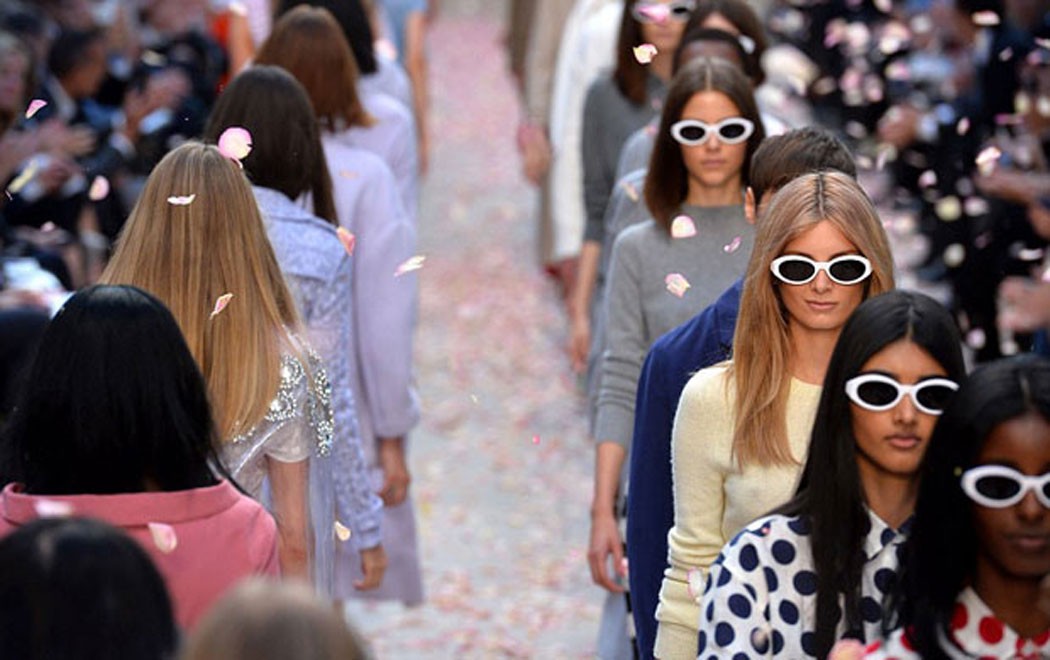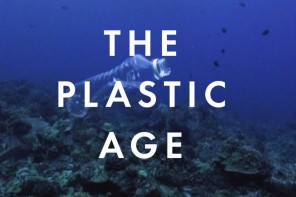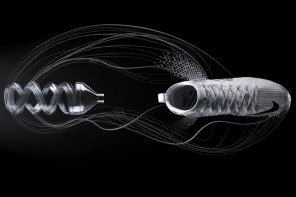In what Greenpeace is hailing a “landmark decision,” European Union member states have unanimously agreed to ban a class of hormone-disrupting chemicals known as nonylphenol ethoxylates, or NPEs, from its clothing and textile imports. The decision, according to the environmental-rights group, closes a trade loophole that has allowed NPE-containing clothing to slip into the EU. Despite a regional ban on the substances more than a decade ago, NPEs were still contaminating waterways through the washing of imported textiles.
That’s not the end of it, however. The textile surfactants, which are highly toxic to aquatic life, further degrade into the environmentally persistent nonylphenol (NP), an estrogenic compound that builds up in the food chain and interferes with fertility, growth, and sexual development even at minute levels.
In 2012, Greenpeace investigators found NPEs in two-thirds of the samples they tested, including items from popular brands such as Adidas, H&M, Gap, Levi Strauss, and Zara.
“Zara alone churns out 850 million clothing items a year,” Li Yifang, a toxics campaigner at Greenpeace East Asia, said back then. “You can imagine the size of the toxic footprint it has left on this planet, particularly in developing countries like China where many of its products are made.”
The new embargo could change all that, however.
“This is a clear message from EU policymakers and millions of consumers that hazardous chemicals do not belong in our clothing,” Yixiu Wu, global detox campaigner at Greenpeace East Asia, said in a statement on Wednesday. “For manufacturing countries such as China, whose largest trade partner has been Europe for more than a decade, textile production relies heavily on exporting to the EU market, the clock is ticking to phase out NPE.
The ban, which is expected to pass in the upcoming weeks, will take effect in five years—a courtesy time frame that allows the fashion industry sufficient time to eliminate NPE from its supply chains.
“China’s textile industry needs to be more progressive in identifying and banning harmful chemicals from their products otherwise they will lose a key market,” Wu added.
Via Ecouterre










